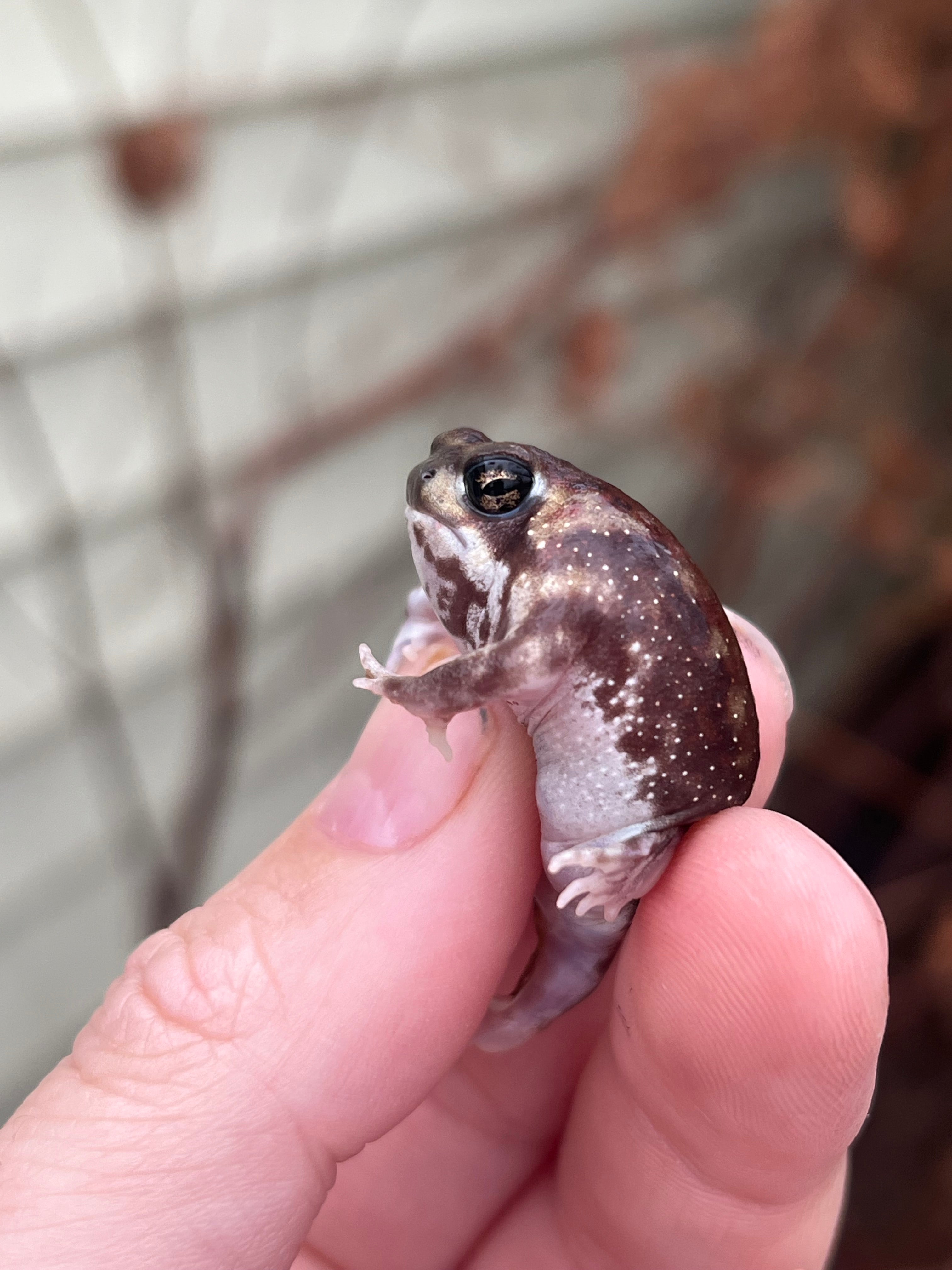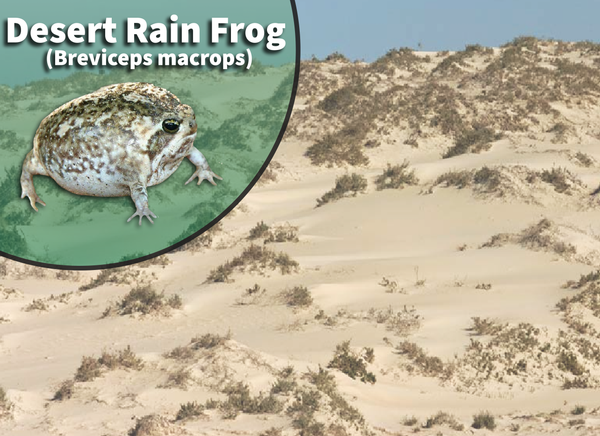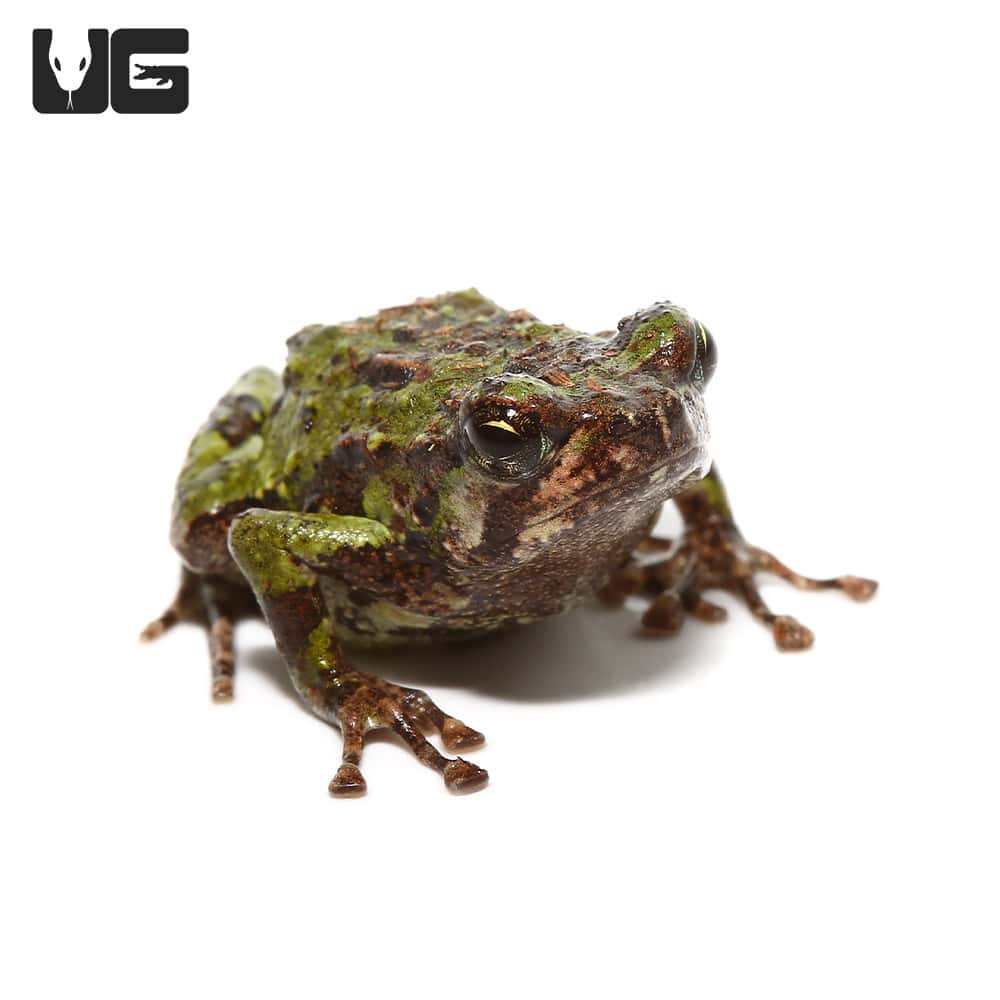Rain Frog for Sale: Check Out Uncommon Amphibian Pet Dogs at Unbeatable Prices!
Common Wellness Issues in Reptiles: Symptoms and Solutions
In the detailed globe of reptile treatment, recognizing the typical wellness concerns that might impact these distinct animals is vital in guaranteeing their health. From respiratory system infections that can silently hold to metabolic bone illness that can debilitate, reptiles are susceptible to an array of disorders that need eager monitoring and prompt treatment. Whether it's grappling with parasitical infestations, navigating dehydration issues, or dealing with skin ailments that show up in subtle means, being attuned to the signs and furnished with the expertise of reliable solutions is necessary for any type of reptile owner. By delving further right into the subtleties of these wellness issues and checking out the useful solutions offered, one can safeguard the health and vigor of these fascinating pets.
Respiratory System Infections
Respiratory infections in reptiles can significantly impact their overall health and require punctual attention from skilled vets. These infections are frequently triggered by viruses, fungi, or microorganisms and can show up through signs such as hissing, nasal discharge, open-mouth breathing, and lethargy. In reptiles, breathing infections can be especially challenging to identify and treat due to their one-of-a-kind makeup and physiology. Veterinarians usually count on a mix of physical exams, analysis imaging, and research laboratory tests to properly recognize the underlying reason for the infection.
Therapy for respiratory system infections in reptiles usually includes a combination of helpful care, such as keeping proper moisture levels and temperature level slopes in the unit, as well as targeted medication to deal with the particular microorganism responsible for the infection. It is essential for reptile proprietors to monitor their pets very closely for any indicators of respiratory distress and look for vet treatment at the earliest indication of an issue. With prompt treatment and suitable treatment, several reptiles can recuperate completely from respiratory system infections and resume typical tasks.

Metabolic Bone Condition
What variables contribute to the growth of Metabolic Bone Condition in reptiles?
Metabolic Bone Illness (MBD) in reptiles is largely triggered by a lack of appropriate calcium, phosphorus, and vitamin D3 degrees in their diet. When reptiles do not get appropriate calcium, either via their food or correct UVB direct exposure for vitamin D3 synthesis, they are at a high threat of establishing MBD. Reptiles with diets reduced in calcium or imbalanced calcium to phosphorus proportions are particularly prone. In addition, inadequate exposure to UVB light avoids reptiles from synthesizing vitamin D3, which is essential for calcium absorption and bone health and wellness.
Various other contributing variables to MBD consist of inappropriate temperature level slopes within the reptile's habitat, causing lowered metabolic process and impaired calcium absorption. Not enough humidity levels can likewise affect a reptile's capacity to metabolize calcium effectively. Certain reptile species have certain nutritional needs that, if not met, can increase the probability of developing MBD. Regular veterinary check-ups, correct husbandry methods, and a balanced diet are vital to prevent Metabolic Bone Condition in reptiles.
Parasitic Invasions
Parasitic problems posture a considerable health danger to reptiles, affecting their total well-being and calling for timely veterinary attention. Reptiles can be impacted by various bloodsuckers, consisting of mites, ticks, inner worms, and protozoa. These bloodsuckers can cause a variety of signs and symptoms, such as fat burning, lethargy, skin irritability, looseness of the bowels, and even fatality if left neglected.
One typical bloodsucker found in reptiles is the mite, which can create skin irritation, anemia, and stress and anxiety. Ticks are another outside bloodsucker that can trigger and send diseases pain to the reptile. Interior parasites like worms and protozoa can result in digestive system issues, poor nutrition, and weaken the reptile's immune system.
To identify a parasitical infestation, a veterinarian might do fecal examinations, skin scrapings, or blood tests. Therapy frequently involves deworming medicines, antiparasitic baths, or in extreme situations, a hospital stay. Preventative actions such as regular vet exams, correct hygiene, and quarantine treatments for brand-new reptiles can assist decrease the danger of parasitic invasions and ensure the wellness of reptile family pets.
Dehydration and Hydration Issues
Dehydration in reptiles can considerably affect their health and well-being, demanding timely intervention and appropriate hydration administration. Reptiles are prone to dehydration due to numerous variables such as insufficient water intake, high environmental temperatures, and specific wellness conditions. Signs of dehydration in reptiles include sunken eyes, lethargy, loss of skin elasticity, and lowered peeing. Dehydration can lead to significant health and wellness problems and also be deadly to the reptile - rain frog for sale. if left untreated.
To protect against dehydration, reptile owners need to make certain that their pet dogs have access to tidy water in any way times. The water recipe must be big enough for the reptile to soak in if required, especially for types that take in water with their skin. Furthermore, keeping proper humidity levels in the reptile's enclosure and offering normal baths can help protect against dehydration.
In situations of dehydration, it is important to seek veterinary treatment promptly. A vet might carry out liquids either orally or through shots to rehydrate the reptile. It is crucial to deal with the underlying reason for dehydration to stop reappearance and guarantee the reptile's overall well-being.
Skin Ailments

Verdict

Breathing infections in reptiles can substantially influence their total wellness and require prompt attention from seasoned vets (rain frog for sale). Preventative actions such as normal veterinary check-ups, correct hygiene, and quarantine useful site treatments for brand-new Find Out More reptiles can assist minimize the danger of parasitical invasions and guarantee the health of reptile pet dogs
If left unattended, dehydration can lead to significant health problems and even be fatal to the reptile.
On a regular basis evaluating your reptile for any modifications in skin appearance, shade, or appearance can assist in very early discovery and treatment of skin ailments, promoting the total health and wellness and health of your scaly friend. - rain frog for sale
In final thought, reptiles are vulnerable to different health issues such as breathing infections, metabolic bone condition, parasitic invasions, dehydration, and skin conditions.